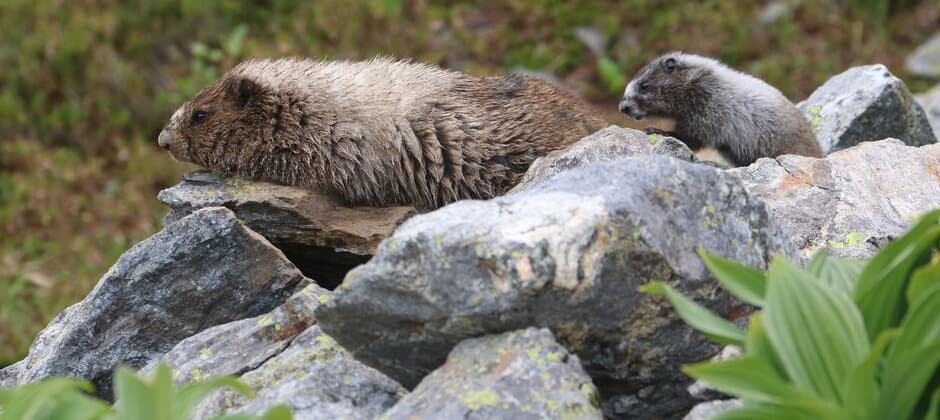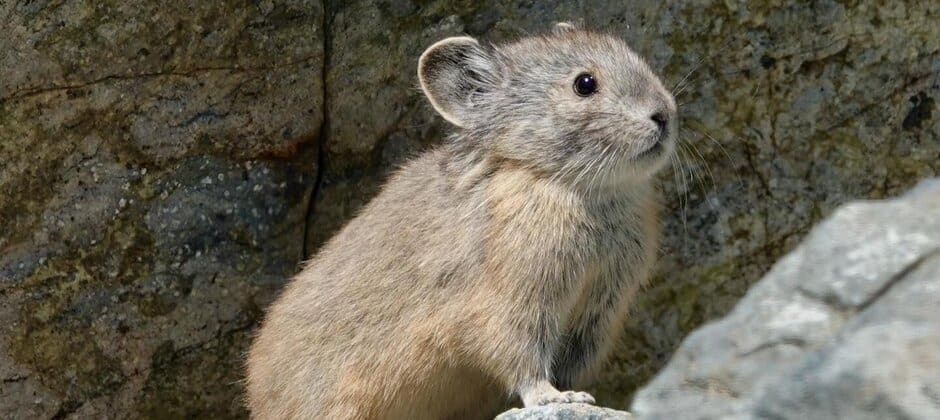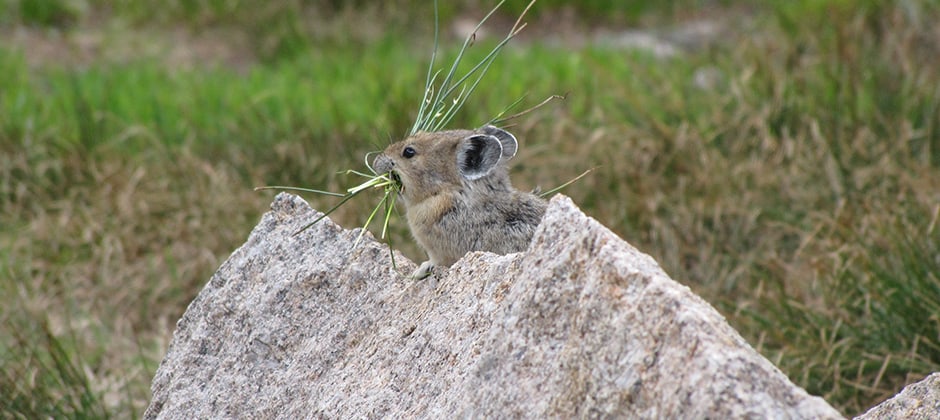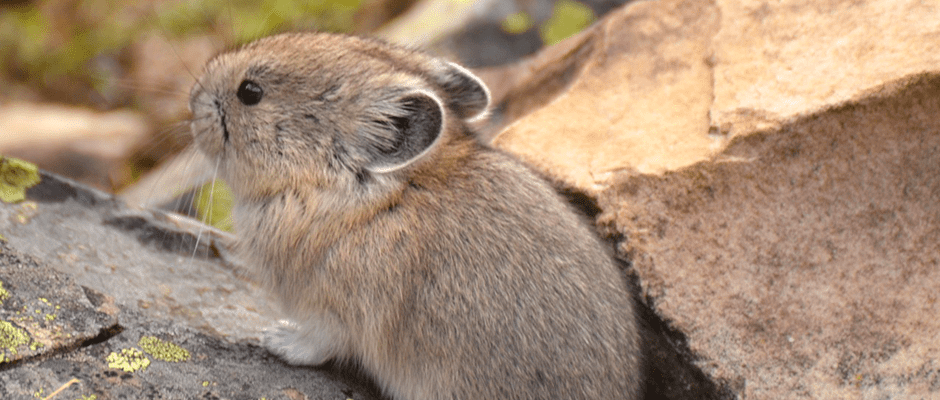- News
-
-
-
-
-
Latest News Articles
- WSB: Study tests accuracy of thermal drone surveys April 26, 2024
- Computer model explores Tribal use of fire for ecosystem health April 26, 2024
- 2024 TWS Elections: Southwest Representative April 25, 2024
-
-
-
- Wildlife Professional Resources
-
- Our Network
-
- PUBLICATIONS
-
-
Recent Posts
-
 The Wildlife Professional November/December Issue
November 1, 2023
The Wildlife Professional November/December Issue
November 1, 2023
-
-
-
-
-
-
- Wildlife Events
-
-
-
Upcoming Webinars
- No Events
-
-
-
- Who We Are
-
Tag: American pika

March 2, 2021
Hoary marmots can’t cope with snow droughts
Increasing frequency and length of snow droughts in Washington state may be linked to hoary marmot population declines. “Hoary marmots are one of many subnivean species that may be stressed...

November 17, 2020
Can pikas survive climate change after all?
When Andrew Smith hikes with his wife in the Sierra Nevada, he often wears a T-shirt with a picture of a pika on it. The image of the charismatic, rabbit-like...

November 7, 2019
Resources drive pika responses to climate
American pikas are considered to be particularly vulnerable to climate change due to the high alpine regions that many of them occupy. Biologists have believed that genetics play a strong...

September 21, 2017
Researchers find decades of climate change chased pikas to their demise
As mountaintop dwellers, American pikas (Ochotona princeps) are particularly susceptible to climate change, but recent research suggests a population in California’s Sierra Nevada Mountains were driven to extirpation from the...

August 17, 2017
In the face of climate change some animals can adapt behavior
In the face of climate change, animals have a few options for how they can react — they can move to a new area, adapt, acclimate or die. In a...

